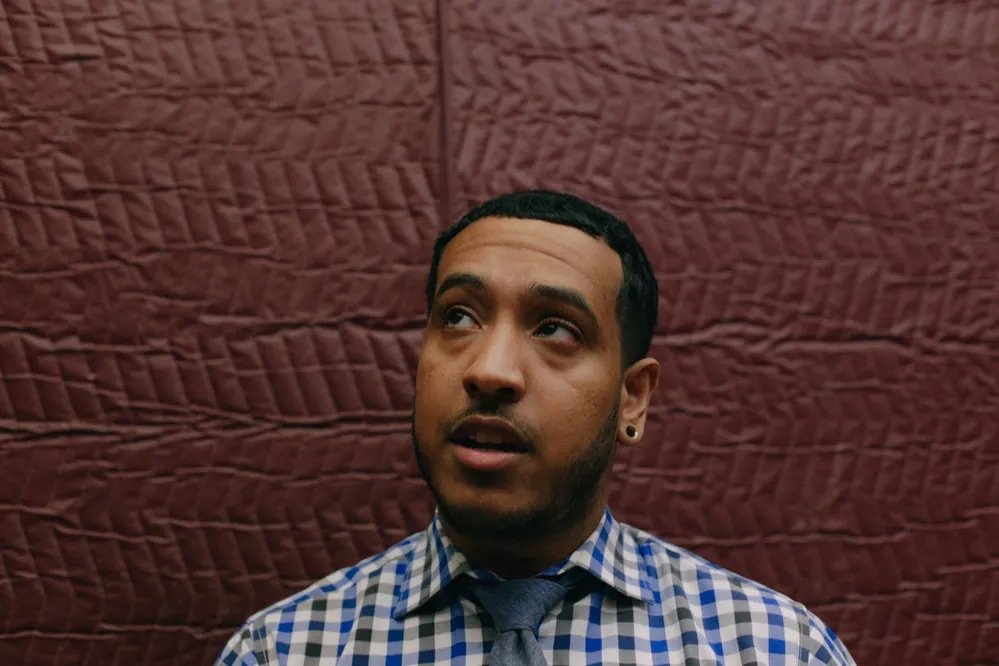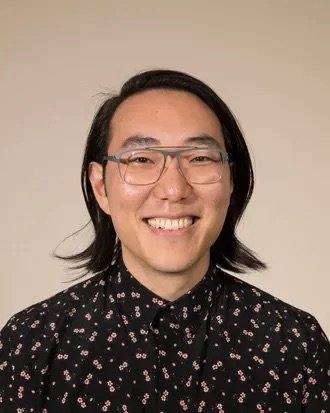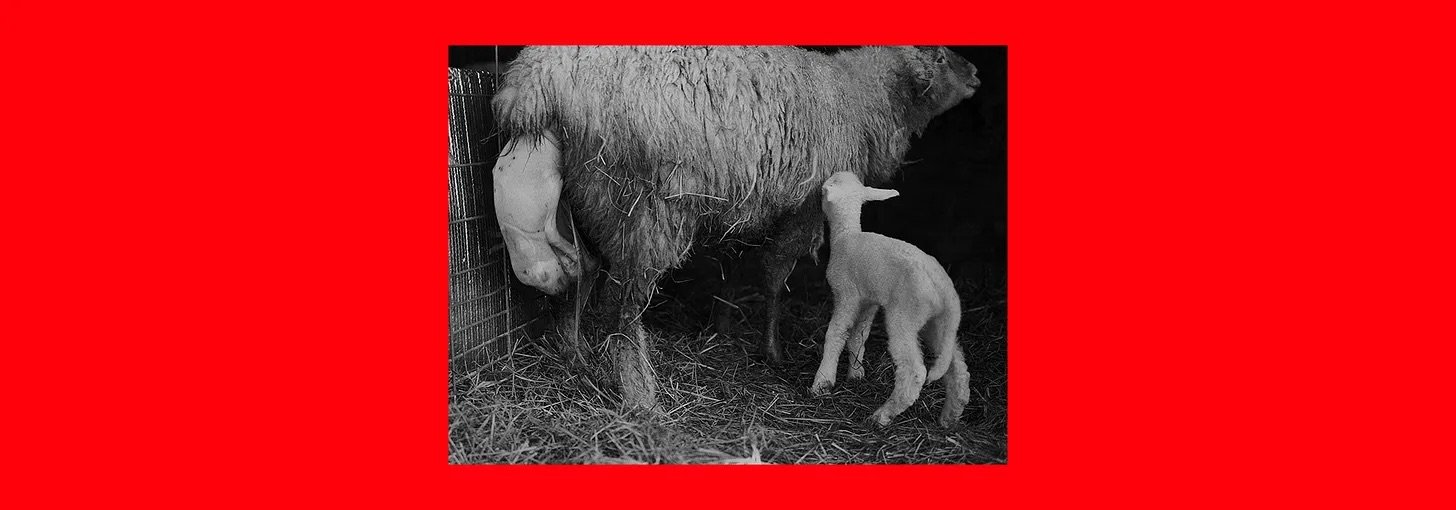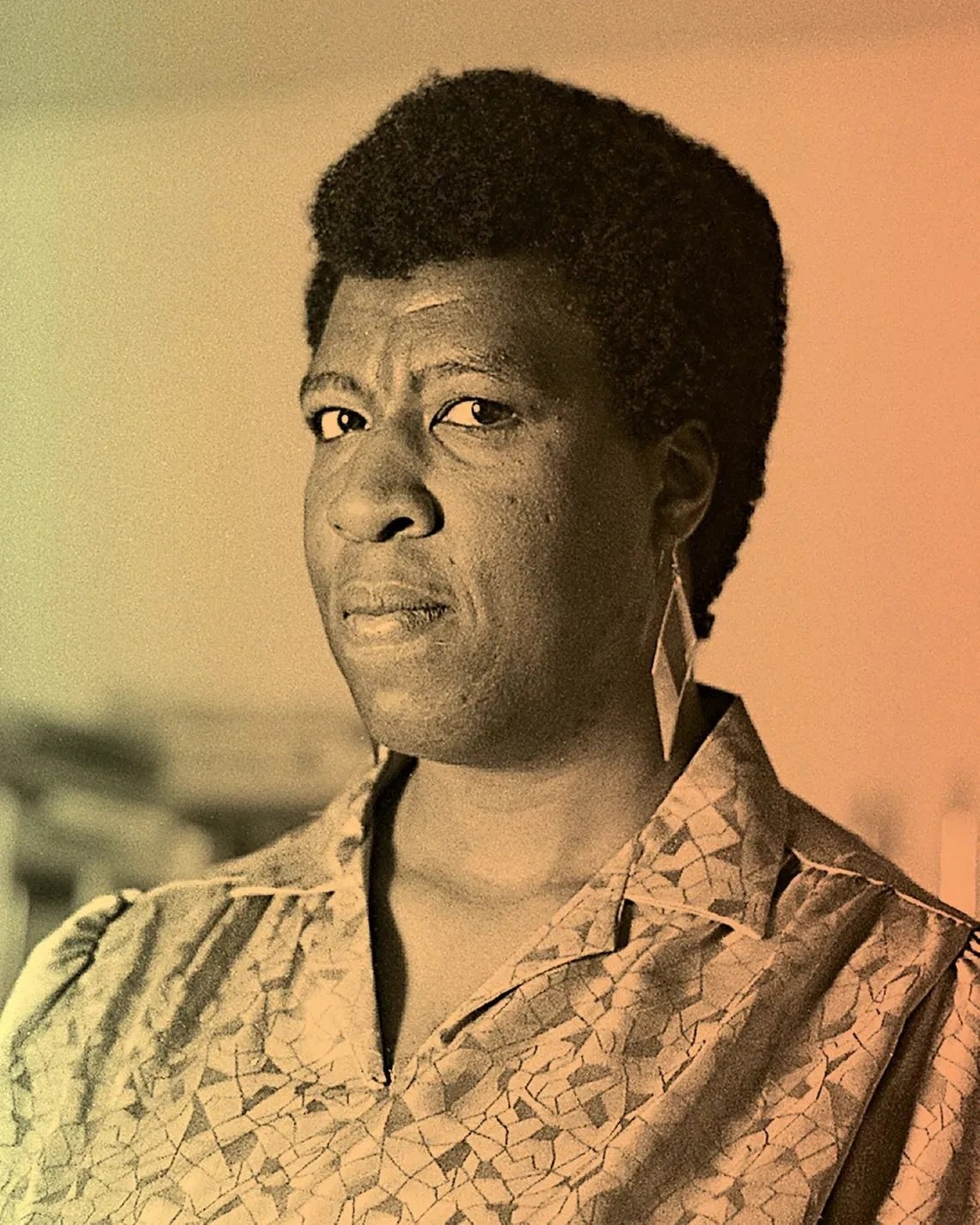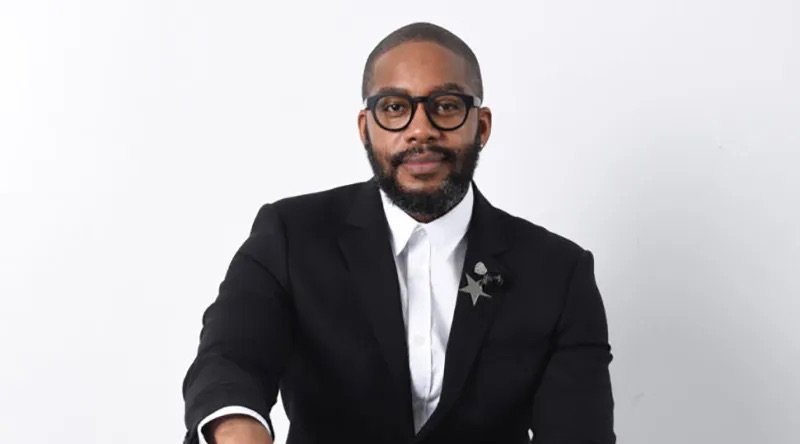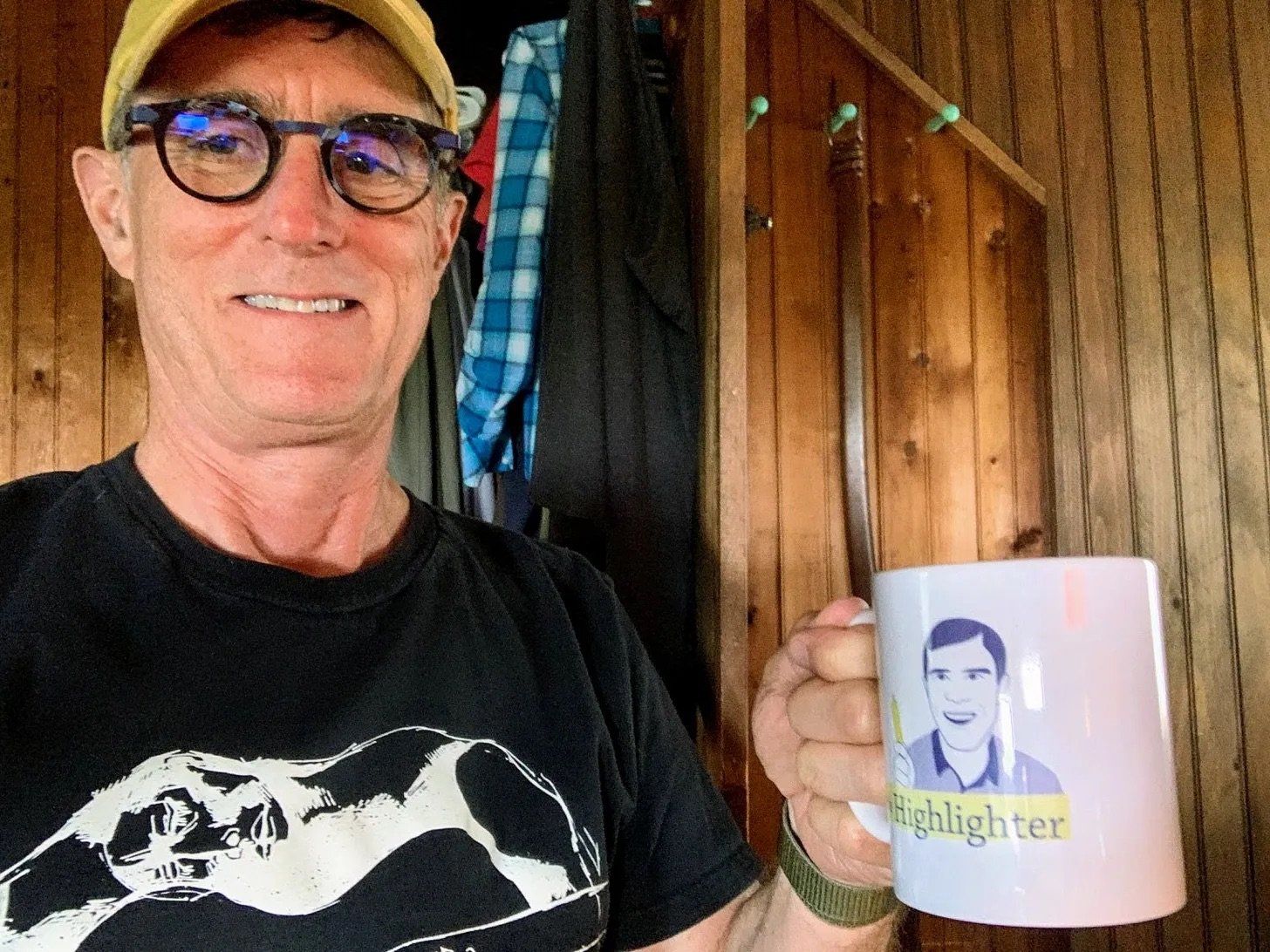Plus: There’s still time to sign up for our discussion of “Saying Goodbye To My Chest”
I’m back working in a school again this year, and I’m liking every minute. (Well, maybe not every minute.) One thing’s for certain: The work isn’t easy. It’s never been, of course. But in my experience, what they’re saying out there — that schools right now are challenging — is undeniably true.
Today’s issue is dedicated to the mental health of teachers and students. There are three pieces: one about teachers, one about students, and one about the barriers to healing. If you’re a teacher or a parent, I hope you’re getting the support you need. If you know someone who is a teacher or a parent, please extend them a kind, affirming word. Or call them up and listen.
💬 ARTICLE CLUB: I invite you to join Article Club this month. We’re discussing “Saying Goodbye to My Chest,” by Naomi Gordon-Loebl. If you haven’t signed up yet, there’s still time. Click the big button below!
🎉 There are only 4 tickets left to Highlighter Happy Hour in Oakland next Thursday. (Yes, it’s a popular event.) Get your free ticket here. I’m really excited to see you all.
1️⃣ The Mental Health Challenges Facing Teachers Now
Most of the conversations I’m in, we’re talking about the mental health of our young people. And we should definitely be having those conversations. But what I appreciated about this article is that it focuses on the challenges teachers are facing in the classroom and how it’s affecting them. This well-written piece by Marianna McMurdock follows a science teacher in New York who is experiencing vicarious trauma and empathetic distress. “You need therapy when you have trauma exposure,” says Prof. Tish Jennings, an expert in teacher stress. Unfortunately, very few districts offer any meaningful emotional support for teachers. (9 min)
Malala, who belongs to loyal reader Pauline, loves tennis balls, ham, and cheese. She enjoys the snow in Colorado Springs and meeting deer in the backyard. Her 2023 goal is to pass the Canine Good Citizen evaluation and training. Malala’s love language is physical touch. Want your pet to be featured here? hltr.co/pets
2️⃣ The Teen Mental Illness Epidemic
No, the kids are not all right. That’s the conclusion of social psychologist Jonathan Haidt, who argues that the rise of social media (especially the like button) over the last 10 years has correlated with an unprecedented crisis among young people. Teenagers are experiencing record levels of depression, mental illness, self-harm, and suicide. The graphs in this piece are startling. Here’s an example:
Also compelling is a comprehensive Google Doc that includes more than 100 pages of research studies that corroborate Prof. Haidt’s claims. (13 min)
3️⃣ There Is No Healing In An Anti-Black World
healing is erratic, indiscriminate, chaotic, and arbitrary. it knows no bounds and follows no rules. and in its wake, i've found that it often puts your heart up as collateral—leaving one unwilling to feel as deeply as they once did, or love as earnestly as they once did, or exist as vulnerably as they once did. at least, that's true for me.
This piece is meant to be read slowly, and several times. I took time to look closely at how Harrison uses capitalization and how they problematize the common refrain, “Healing isn’t linear.” I’d love to hear what you think. (6 min)
Thank you for reading this week’s issue. Hope you liked it. 😀
To our 4 new subscribers – including Jakob – I hope you find the newsletter a solid addition to your email inbox. To our long-time subscribers (Unique! Ulises! Ursula!), you’re pretty great. Loyal reader Nancy, thank you for sharing the newsletter and getting the word out.
If you like The Highlighter Article Club, please help it grow. I really appreciate your support. Here are two ways you can help out:
❤️ Become a paid subscriber, like Christine and Erik (thank you!). You’ll join an esteemed group of readers who value the mission of The Highlighter Article Club. Plus you’ll receive surprise perks and prizes. (The hoodie is next!)
📬 Invite your friends. Know someone who’s kind, thoughtful, and loves to read? Share with them today’s issue and urge them to subscribe. Word of mouth is by far the best way to strengthen our reading community. Thank you very much for spreading the word.
On the other hand, if you no longer want to receive this newsletter, please feel free to unsubscribe. See you next Thursday at 9:10 am PT!
